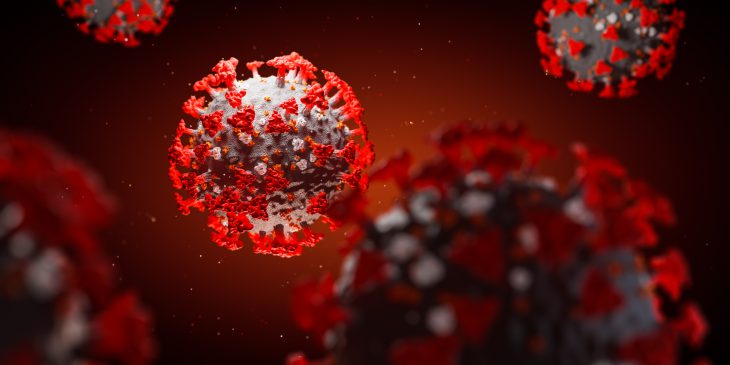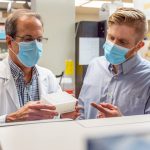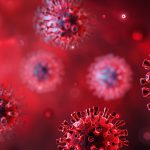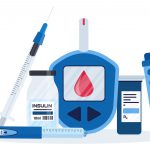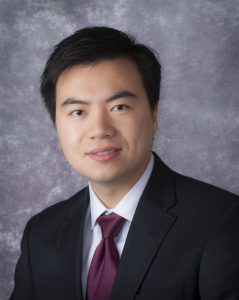
Dr. Bill Chen
In February 2020 – when the first alarming reports about a new dangerous virus began to circulate but still weeks before COVID-19 was declared a global pandemic – Dr. Bill Chen and his research team at the University of Pittsburgh’s Aging Institute Drug Discovery Group began working around the clock to find a cure.
When the university restricted access to most of its buildings in mid-March of that year, the scientists received a special exception to continue their work. Any of the dozen laboratory staff could have opted to stop coming in. None of them did.
This week they announced that their efforts are yielding COVID-19 treatments that are soon expected to be tested in human clinical trials and may be an option to fight the infections if virus variants evade current treatments.
“I grew up in China and came to the U.S. in 2003, the year of the first SARS outbreak,” said Chen, professor of medicine in Pitt’s Division of Pulmonary, Allergy and Critical Care Medicine. “The moment one of my junior faculty members said, ‘This is going to hit the U.S.,’ I said, ‘I agree with you because I experienced the last one.’ That’s why we quickly shifted our work to SARS-CoV-2, the virus that causes what we now know as COVID-19. That’s the reason we kept our lab open.”
The team recently published the results of that work in Nature Communications, describing how they devised a novel process to quickly screen medications that were already approved by federal regulators or were in clinical trials. After sifting through 2,560 candidates, they landed on two strong options in April 2020. Testing on human lung cells in petri dishes showed that the drugs help the cells resist an inactivated version of the virus. However, because of a backlog at the biosecurity labs needed to test the drugs against live SARS-CoV-2, among other issues, the findings are only now being published.
In the year since identifying those first two medications, the team has significantly refined their process, discovering even better options with less potential for side effects. This is the first step toward human clinical trials, which they aim to launch in the near future.
Chen, who is also director of Pitt’s Small Molecule Therapeutic Center, believes the compounds his team has discovered are going to prove essential to long-term control of COVID-19 because they don’t rely on the coronavirus spike protein to inactivate the virus.
“The coronavirus uses its spike protein to enter the cells. So, if you’re going to block the virus, you go after the spike protein – that’s what the monoclonal antibody drugs do, and it’s what the vaccines prime our immune system to do,” he said. “But all the virus has to do is mutate its spike protein enough and it could overcome these defenses.”
Chen and his team instead looked at a key enzyme on human cells that allow the virus entry and identified drugs that reduce its levels on our cell membrane, thus prevent the viral entry.
“We also found a weak spot in our own cells that the virus uses to take advantage,” Chen said. “We hope that soon we’ll be able to stop this weak spot, giving us another strategy to defeat the virus.”


